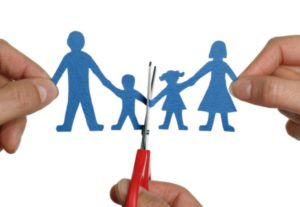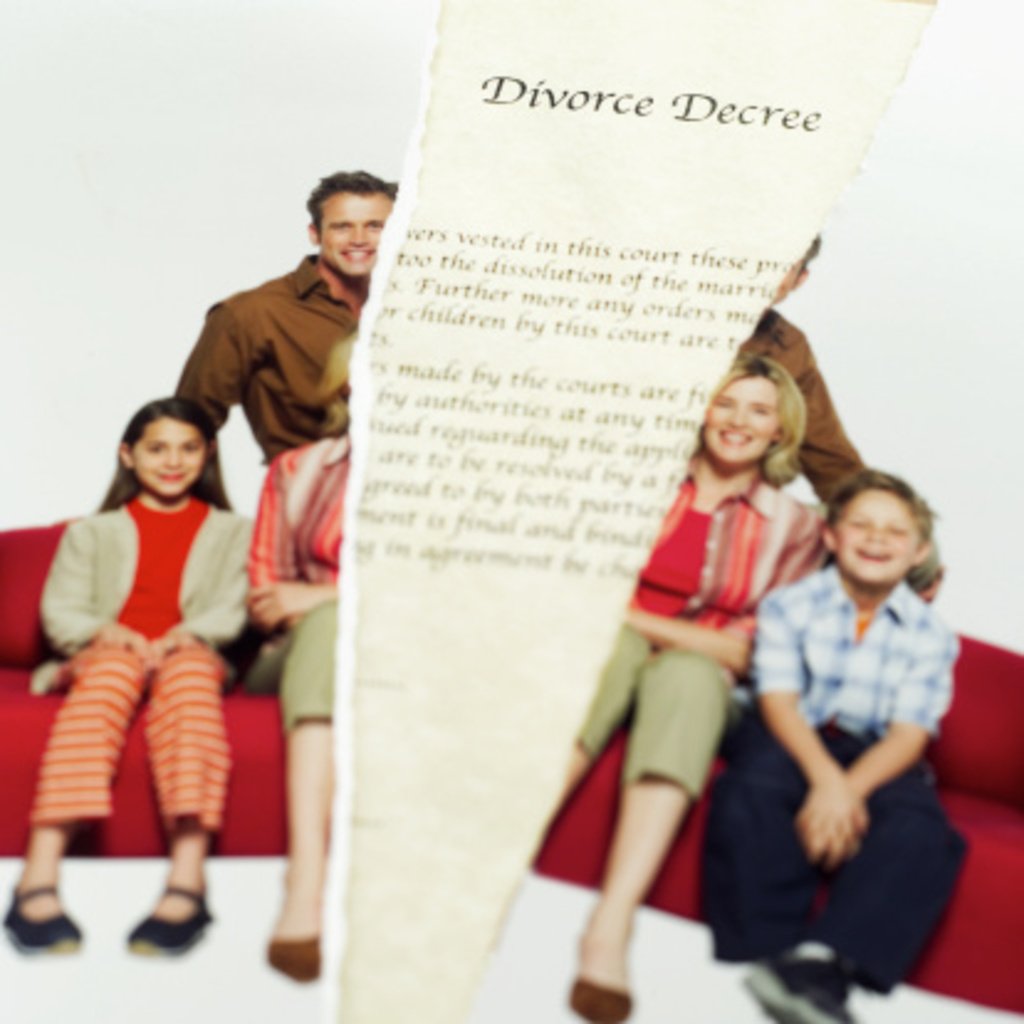A few years ago when I was going through an amicable, uncontested divorce, my friends asked me why it was taking so
A number of years ago, one of Dr. Rabinor’s patients told her she was planning on divorcing her husband once her final child was off to college. She told the patient to think about what that would be like in regards to her family in the future, and how it made her feel. After the session, Dr. Rabinor started to think about her own divorce and began writing a manuscript called “21 things I wish I’d known before I got divorced”. She realized that even though she and her ex-husband didn’t get along very well by the end of the marriage, over time they became very good friends and successfully co-parented their children. In fact, her book is dedicated to her ex-husband, even though they were divorced over 25 years ago and she has since remarried. She also delivered the eulogy at his funeral, since he passed away as the book was going to print.

Rabinor went on to say, “Marriage is difficult. It’s more difficult than friendship or parenting. Just because you couldn’t stay married to this person doesn’t mean you can’t have a good friendship with them.” For Rabinor, befriending her ex-husband was motivated by the needs of her children. She realized that even though this man was not the person she wanted to remain married to, it did not mean he could not be a good parent. She realized that everything that happened in the marriage, was past, and knew they could put it behind them and move on from the present. “Once you are no longer married to someone, you can now appreciate some of their strengths and can develop a trust and respect,” says Rabinor.
What about hostile and bitter divorces? Rabinor’s response: “Befriending isn’t for everyone. Sometimes it is 
What about cases of prior abuse? Rabinor believes people can change, so even if your ex was violent or emotionally abusive there could be hope for friendship after the divorce. However, she does not advocate this if the ex-partner still exhibits the abusive behavior.
What if the new partner is not tolerant of your friendship with your ex? Dr. Rabinor says this is a red flag. Do you really want someone in your life who does not support your co-parenting strategy, or who does not respect your choices?

Letting go – “When people get divorced they have to feel justified… so they have a story. ‘He did this, she did that.’ In order to have a friendship with the person, you have to be willing to let go of the story. Letting go is necessary if you are going to create a new relationship.”
Forgiveness – “You have to forgive the ex and forgive yourself because we all make mistakes. Divorce is so common these days. We have unrealistic expectations that a relationship with our spouse will meet all of our needs. And that’s really not possible.”
To get to the point where you can consider being friends with your ex, Dr. Rabinor says it is important to do ‘self-work’. You need to grieve your loss, be with your sadness, and face your anger and transform it into something that does not wound you or your ex. “This person bore witness to your life. They know things about you no one else is ever going to know. And it couldn’t have been all bad. Life and relationships are never black and white and when people get divorced, it feels like all black. People say things like ‘She’s a bitch’ or ‘he’s impossible’ but after time goes by, you can meet again at a family or friend’s event and remember the good times. It’s very sad when there’s a divorce and the relationship is just over, final, no more contact, that’s that.”
There are the 5 C’s of befriended exes in the book. Rabinor believes these elements are necessary for success: Communication, Compassion, Compromise, Collaboration, and Celebration. Rabinor explains: “You are raising children in two different households and two different lifestyles. You have to be able to compromise and collaborate in order to agree on how the children are being brought up… and be able to celebrate together, all the things the life cycle brings to us. Including small things like first days of school, to big things like graduations. We’ve all heard the stories of how divorced parents can’t be in the same room because of the hostility between them. “
Dr. Judith Rabinor says her book conveys a spiritual message, and I think it is one that is greatly needed in our current culture. Having maintained a friendship with my ex-husband, I can vouch for the benefits. You can find more information about Dr. Judith Ruskay Rabinor and her book, on her website: judithruskayrabinorphd.com. I applaud Dr. Rabinor for bringing this topic to light, and I would consider her book a must read for anyone who is going through or has gone through a divorce.





